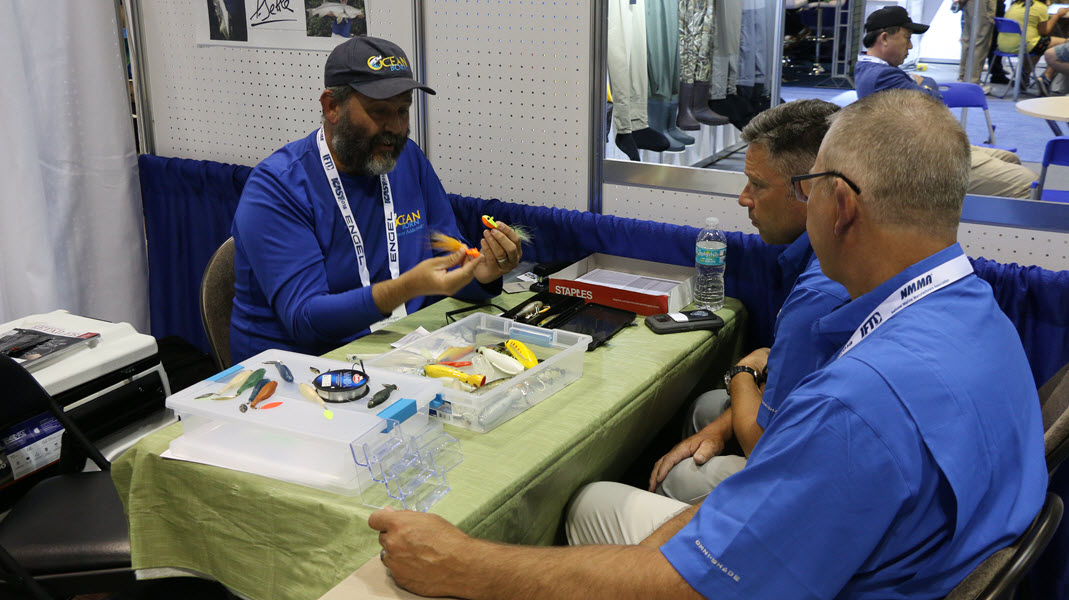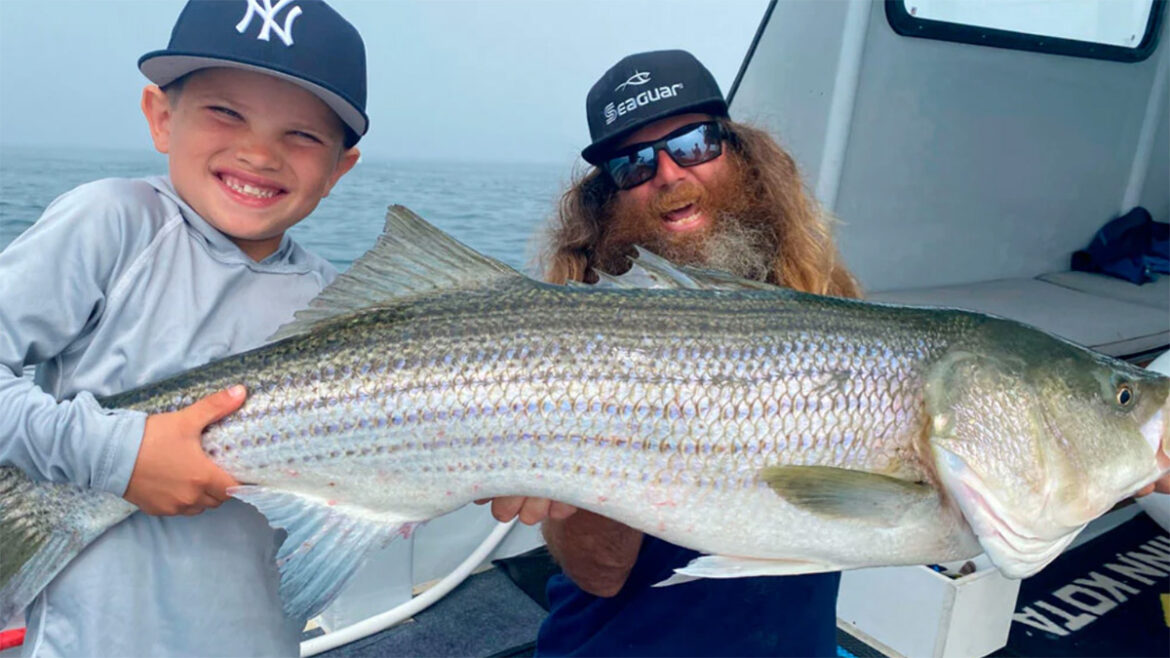There’s an old saying that I bet you’ve heard: “Nothing happens until something is sold.”
It was true hundreds of years ago, and it’s true today, but I want to add a caveat to that statement, and here it is:
When a sale is made, it’s because one person bought from another. In other words — and here’s how I usually put it — people buy from people. And I think that’s particularly true in the fishing industry, where I’ve worked for several decades.
It’s easy to say and even to think that one company buys from another, but behind the scenes, in the conference room, in the office, on the water, on the golf course, or on the boat, people are buying from people.
It may sound simple and straightforward, and it can be, but those words are etched in my mind, and they inform everything I do in business. It’s not a huge secret, either. Every successful salesperson I’ve ever known has understood that people buy from people, even though most of those salespeople never said it, and many probably never thought about it quite that way. But I do, and I believe it will help you.
Let’s break it down. There are three keys to capitalizing on the “people buy from people” concept. I’ll take them in order of importance.
First, you need to create a good relationship. Not only do people buy from people, but they buy the most from people they like and trust. You may know a lot of people who are in a position to buy from you, but if they don’t like you, they probably won’t buy very much, and if they don’t trust you, they won’t buy at all.
Being likeable is a pretty subjective standard, but friendliness, helpfulness, and honesty go a long way toward that goal. If they don’t get you all the way there, that’s what the proverbial “extra mile” is all about. Remembering a buyer’s family members, inquiring about the health or welfare of a parent, spouse or child, or just delivering an unexpected box of donuts can work wonders and let them know you care.
I paid a visit to a popular shop shortly after starting a new job some years ago. The proprietor knew me from the jig business, but by this point I was selling rods.
“We don’t need more rods,” he quickly told me, “but I’m going to buy them because I know you and trust you.”
Then he went one step further.
“It’s not really the rods that I’m buying,” he said. “I’m buying Bryan Head.”
That meant a great deal to me.
Of course, a complete command of your product line and a buyer’s needs are essential. No matter how much they may like or even trust you, if you’re not able to thoroughly communicate what you have to offer and how it fits the needs of the buyer’s market, you’re not going to make many sales.
As a salesman, it’s unlikely that I’ll ever know a dealer’s market anywhere as close to as well as the dealer does. But if I can offer that dealer some insights into that market, it adds a lot of value to the relationship and puts me ahead of my competitors.
Finally, I’ve learned through the years that the follow-through after the sale can be just as important as the sale itself — especially early in the relationship.
Too many salespeople think their job is over once the sale is made and the money is collected. That’s not true, even if you have a designated person whose job it is to follow up with the customer. A good salesperson still needs to service that sale, to make sure everything is as you represented it would be, and to ensure that the buyer has no cause to feel buyer’s remorse.
We’ve all felt buyer’s remorse — that nagging sensation that we shouldn’t have purchased something or that we paid too much or that we can’t really afford it. A good salesperson who knows that people buy from people also knows that buyer’s remorse is less likely to happen if there’s good aftercare.
After the sale, a bad salesperson disappears, but a good salesperson comes back to offer more support. A bad salesperson sees any problems as belonging to the customer, but a good salesperson shares in the challenges, steps up to them, and helps to find a solution.
Maybe none of this is rocket science, but it’s also far more than the average salesperson does in building a relationship with a customer, and it’s absolutely essential once you realize the core truth about sales.
People buy from people.







